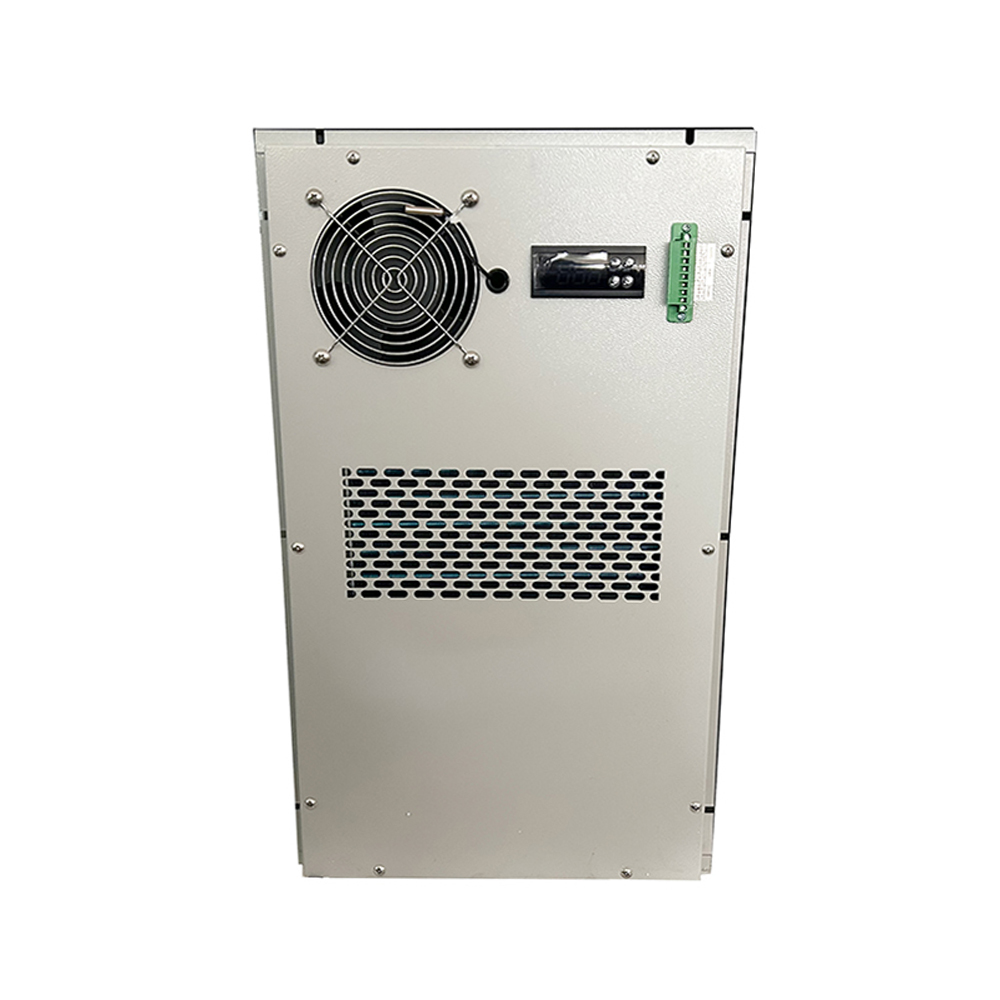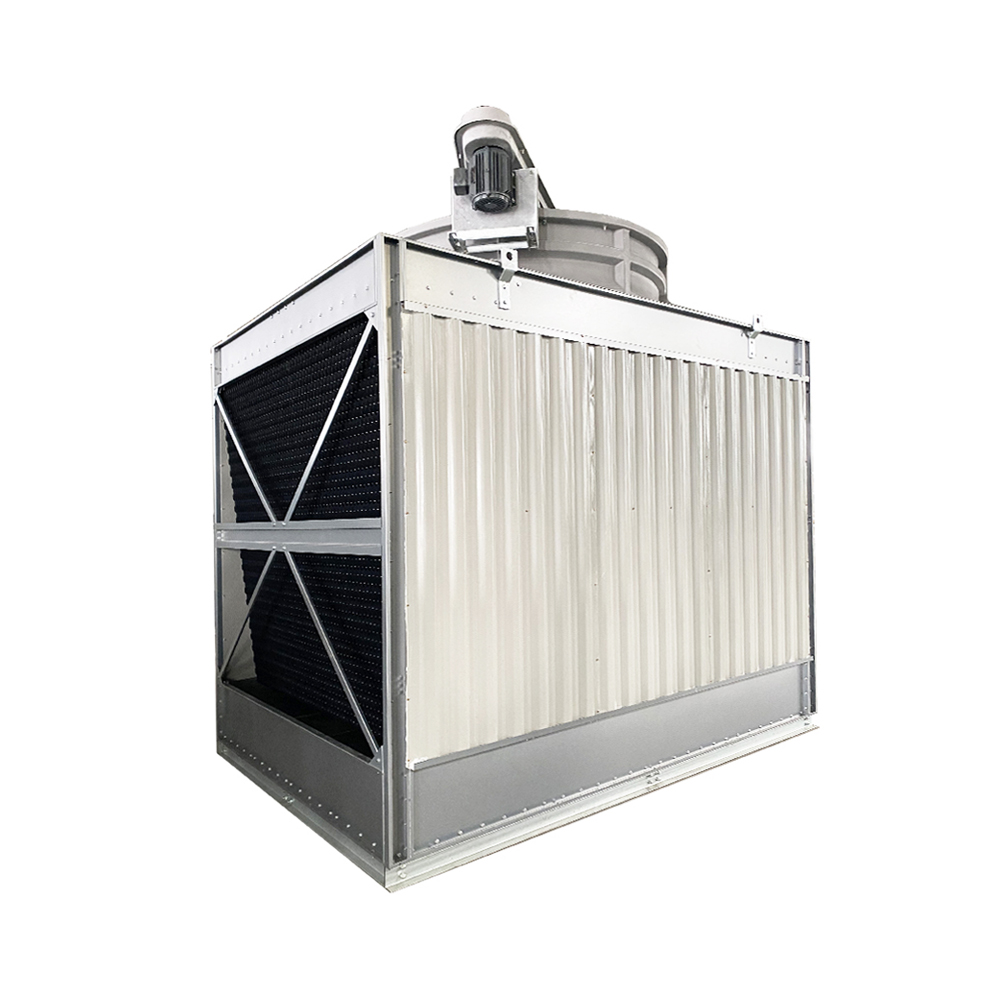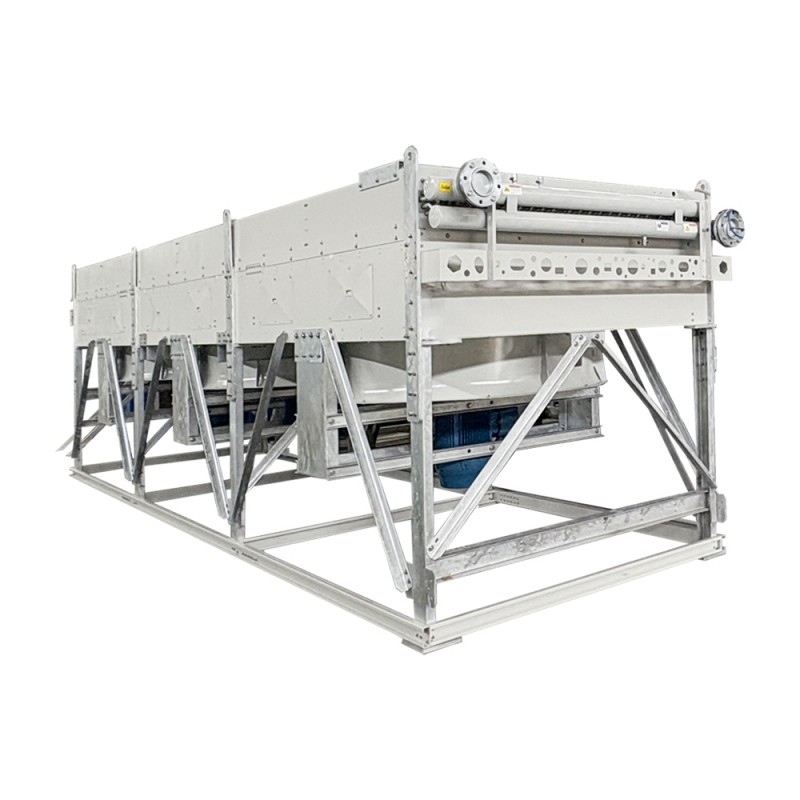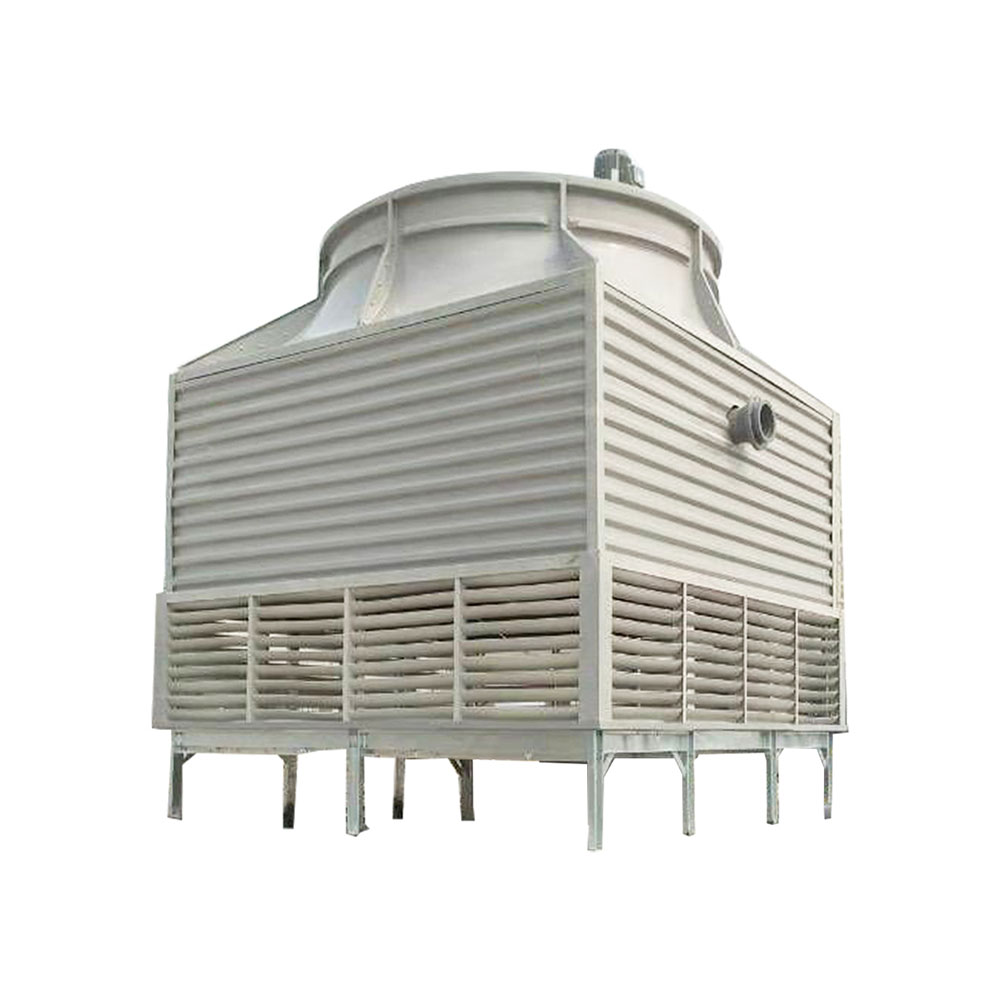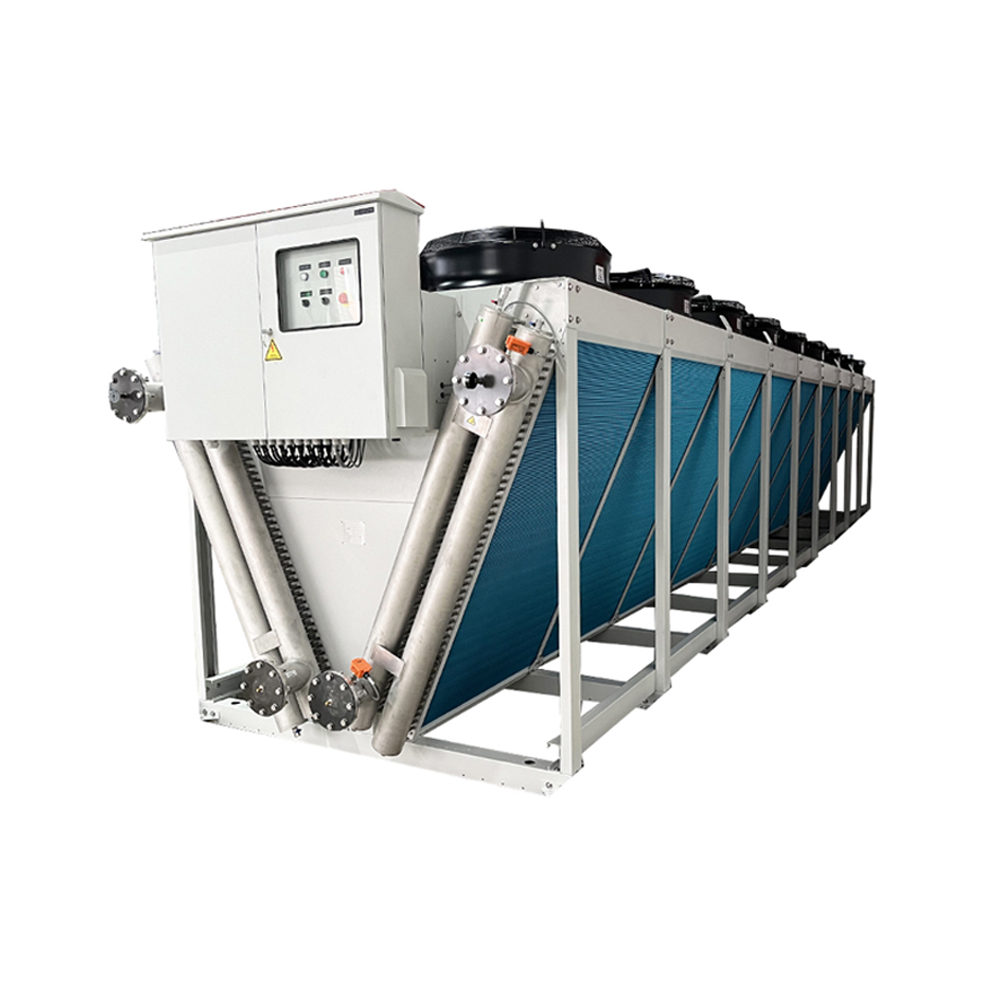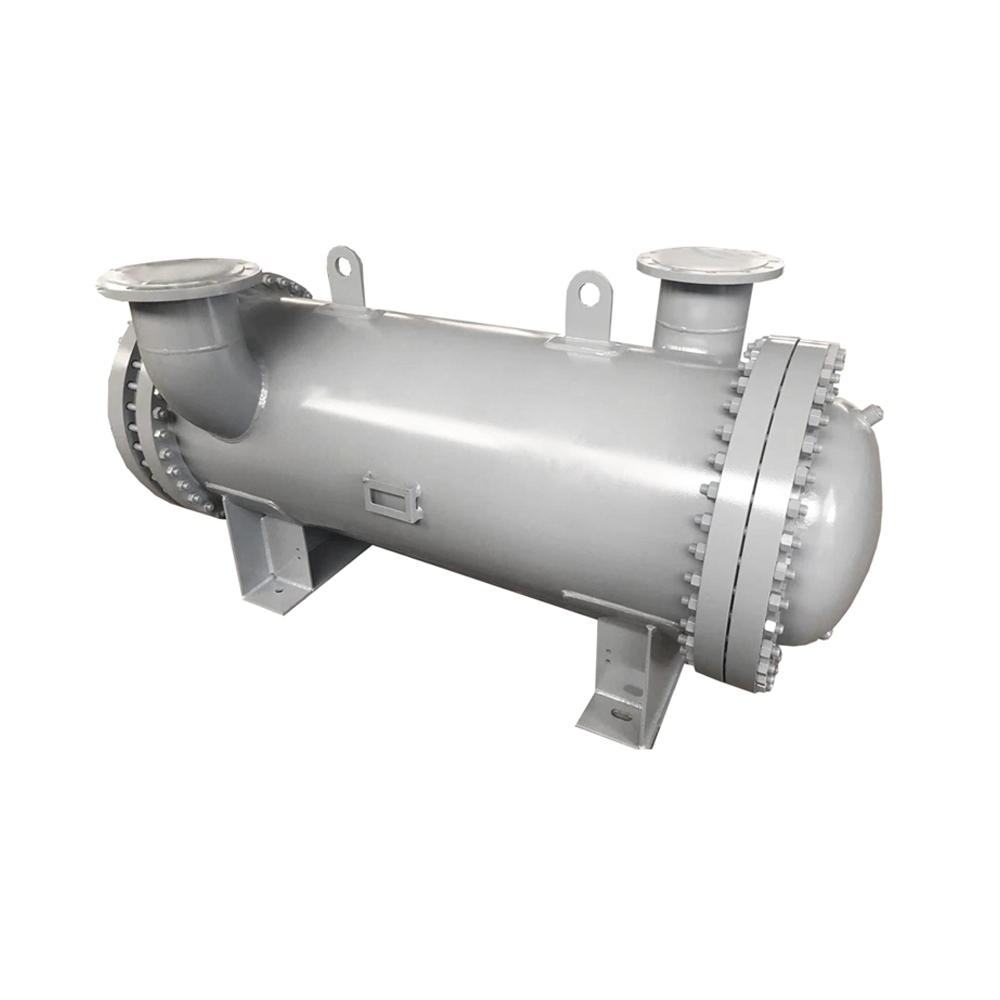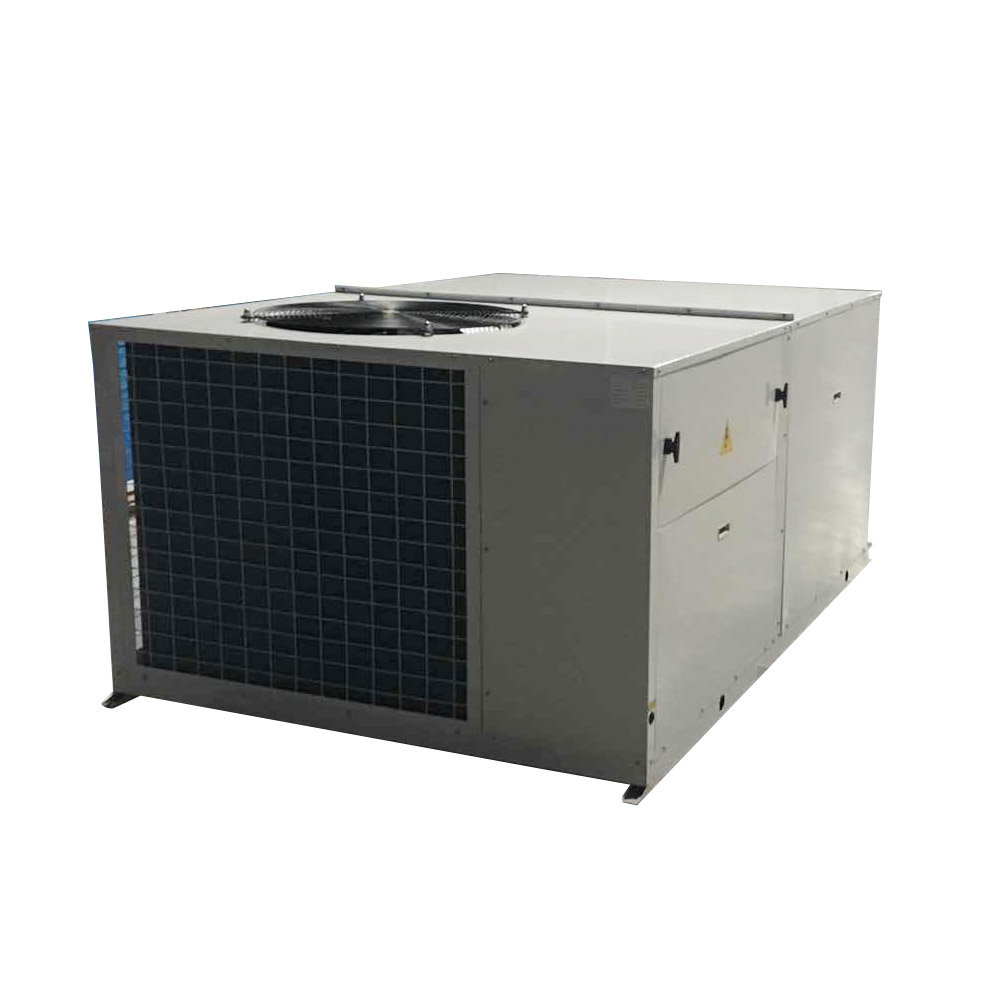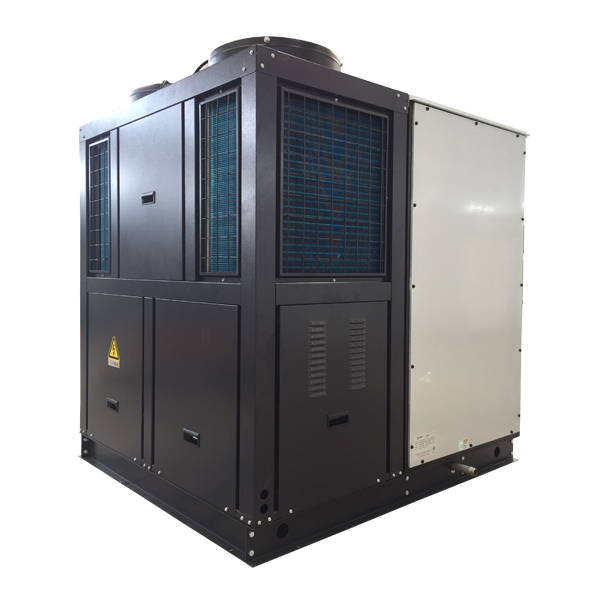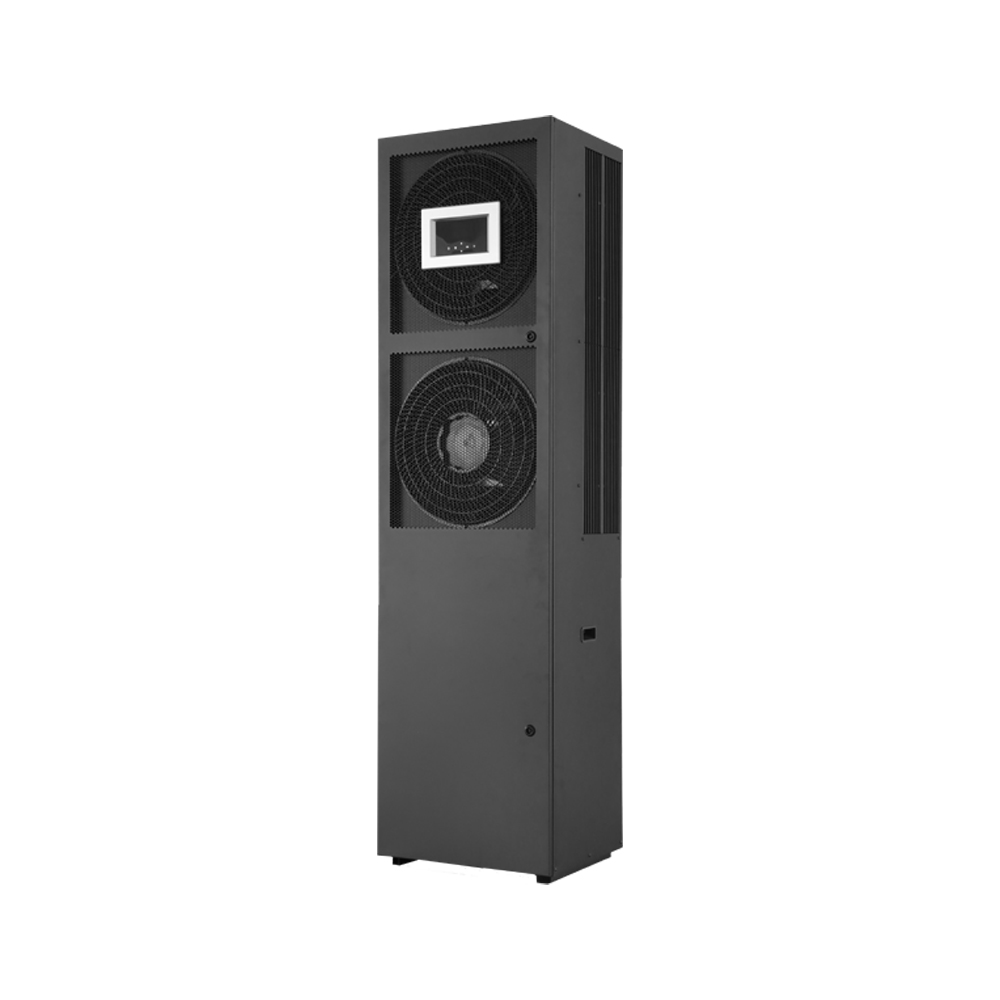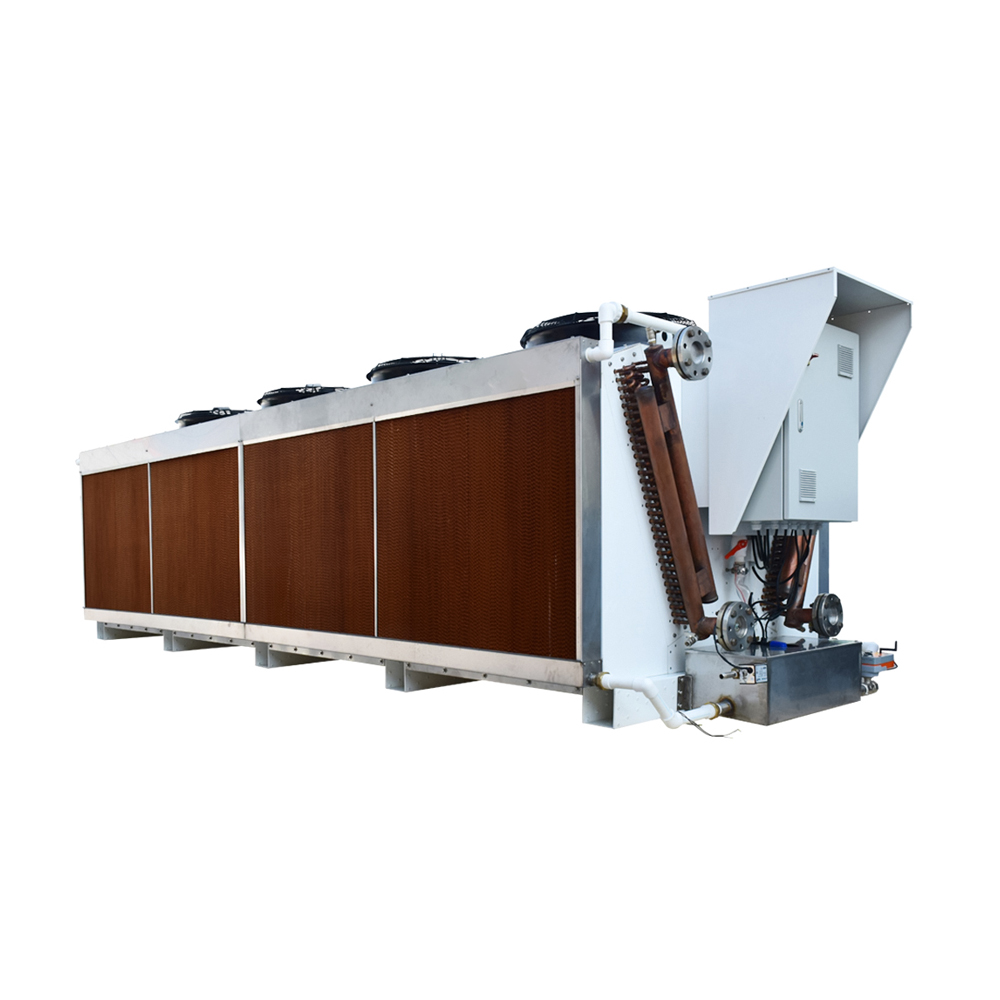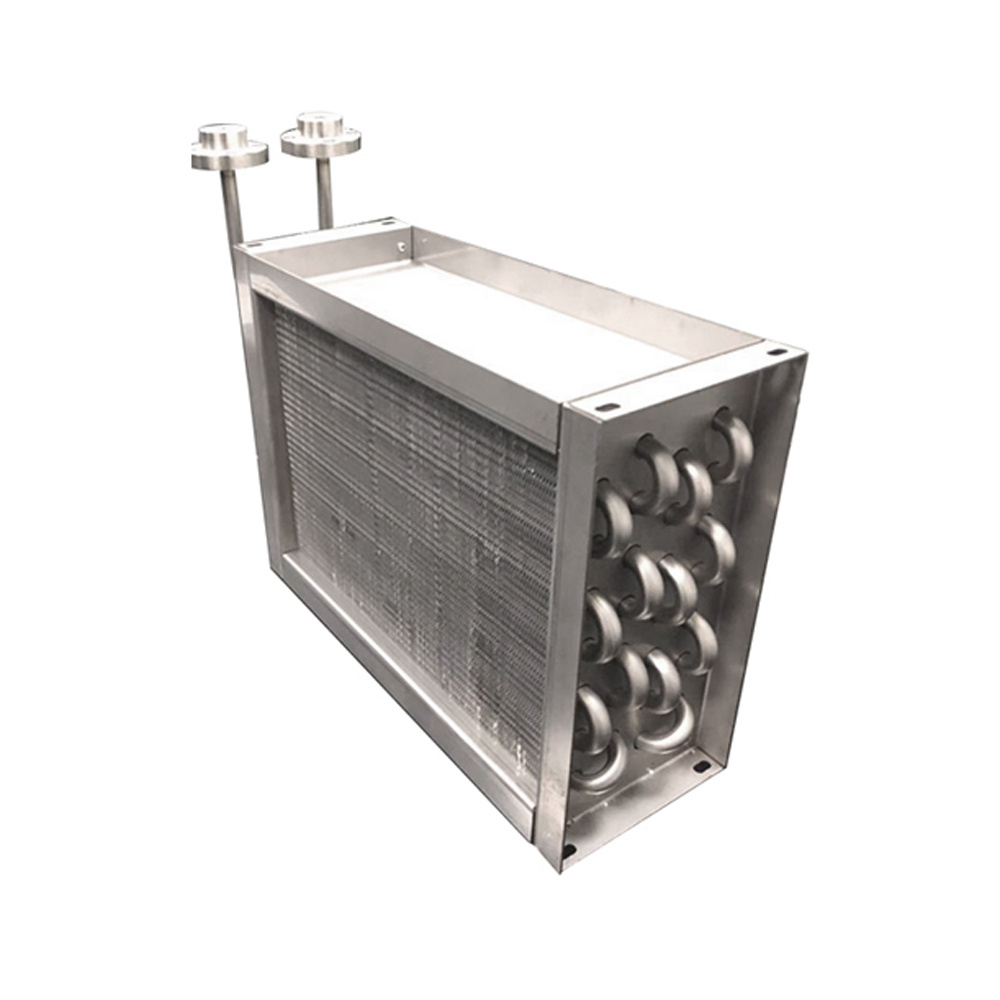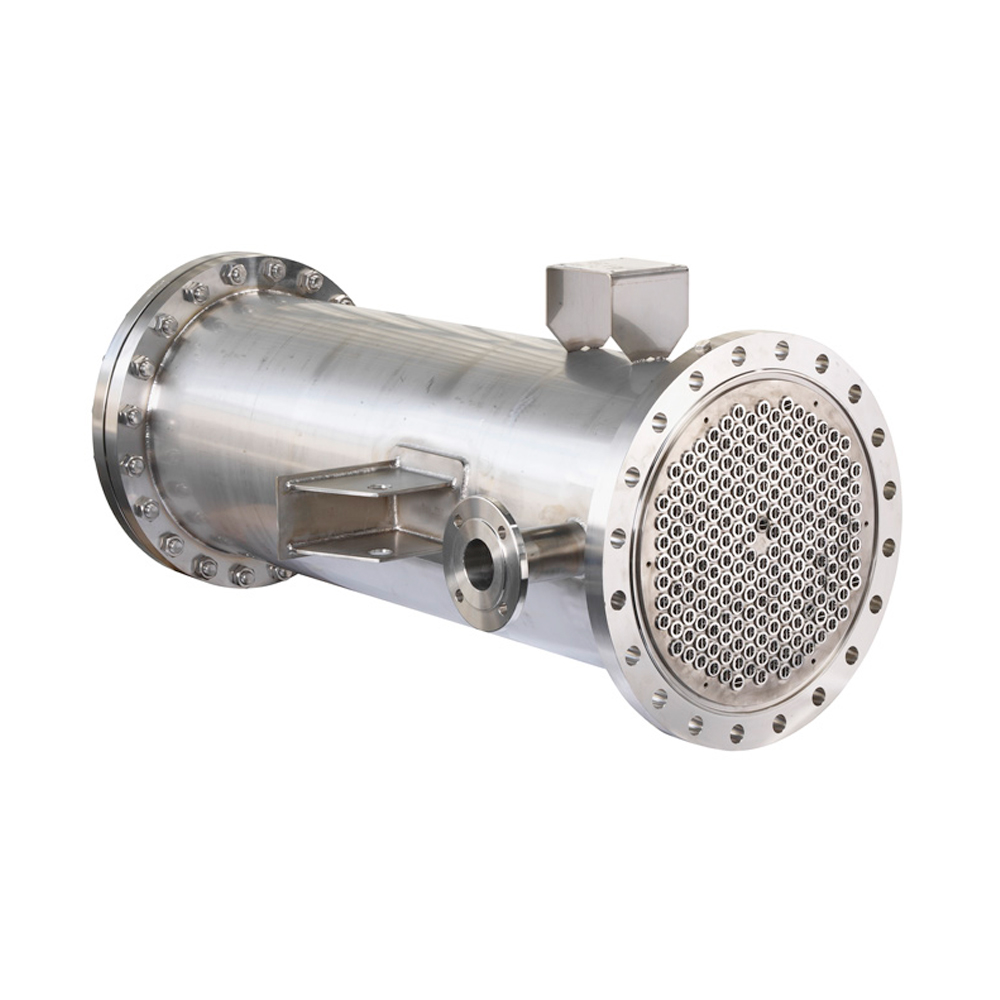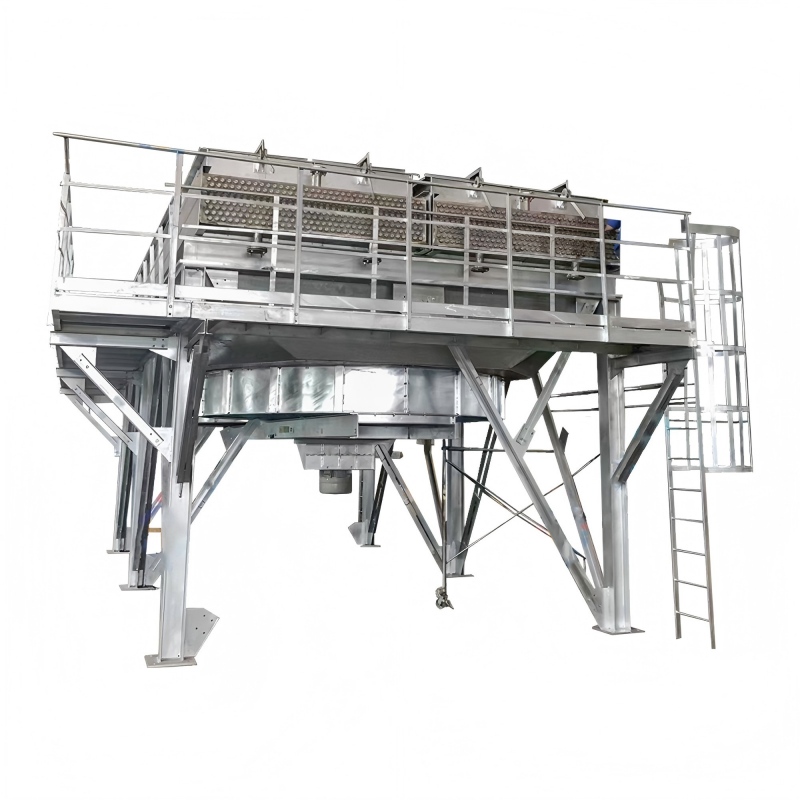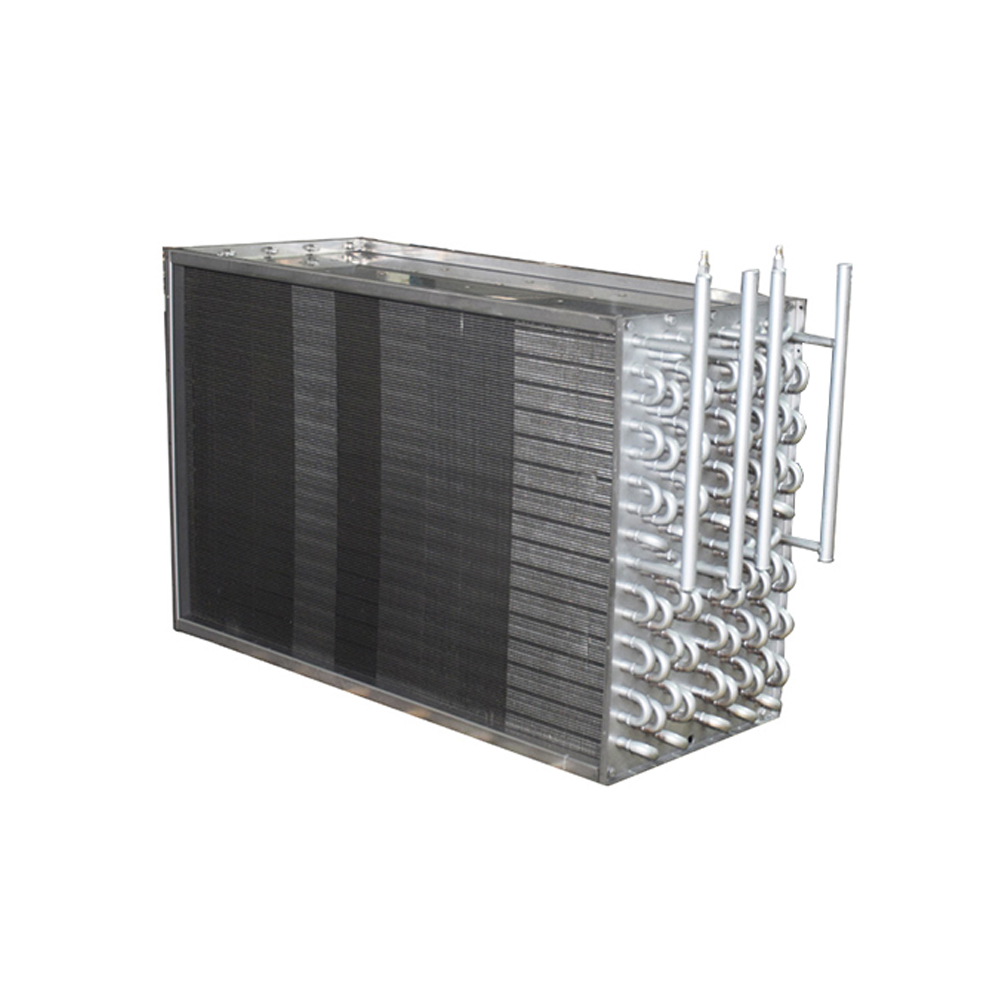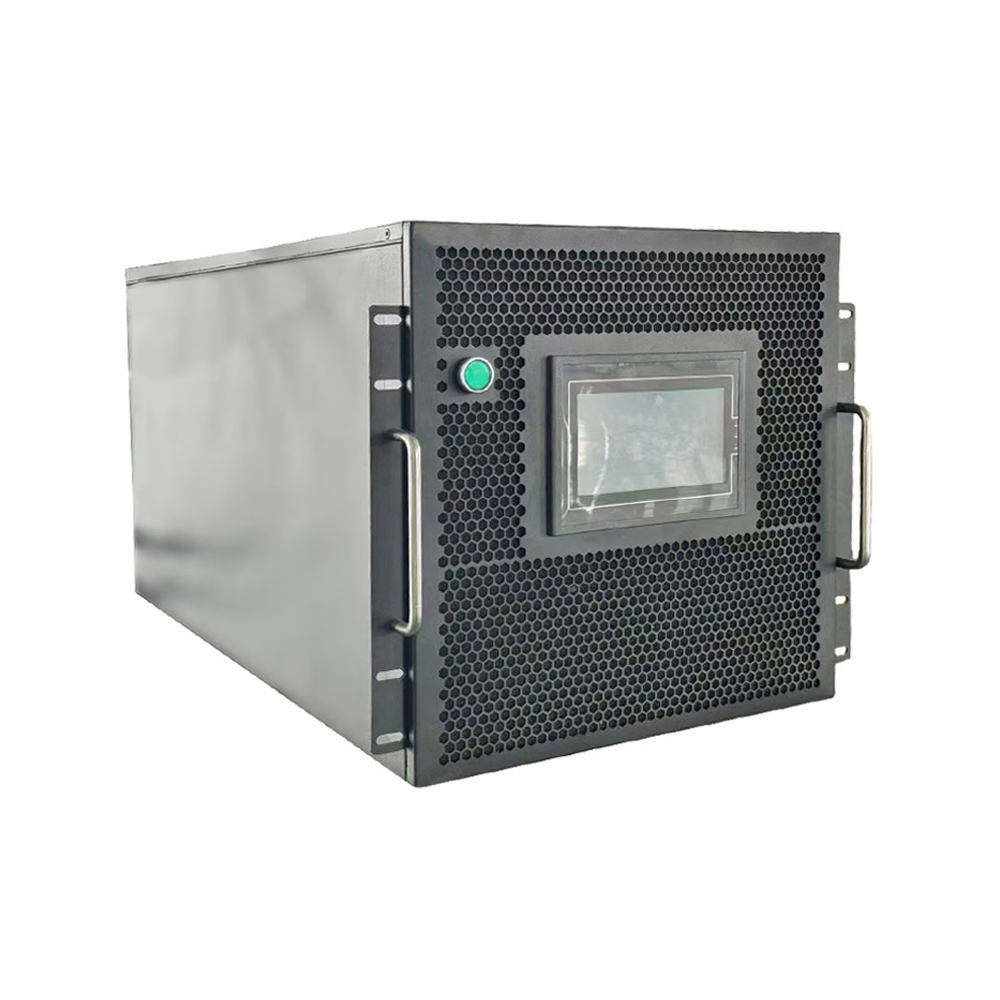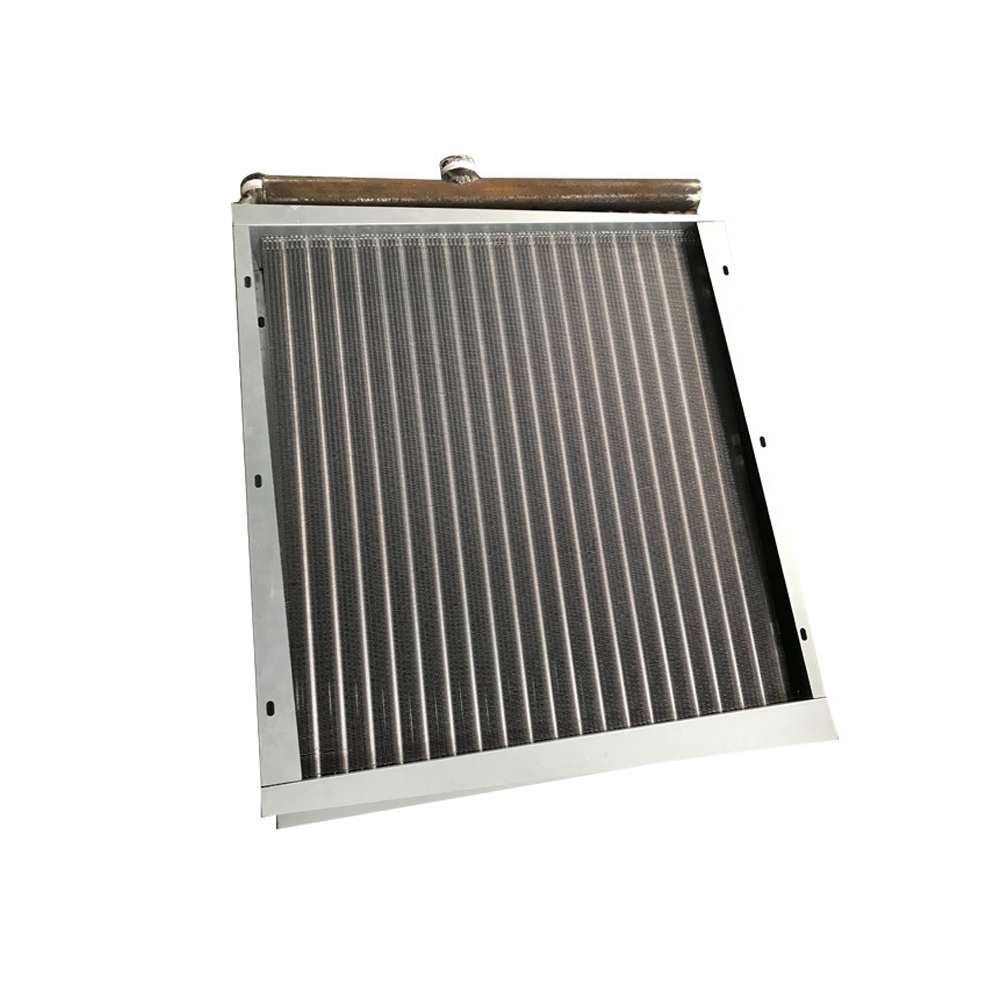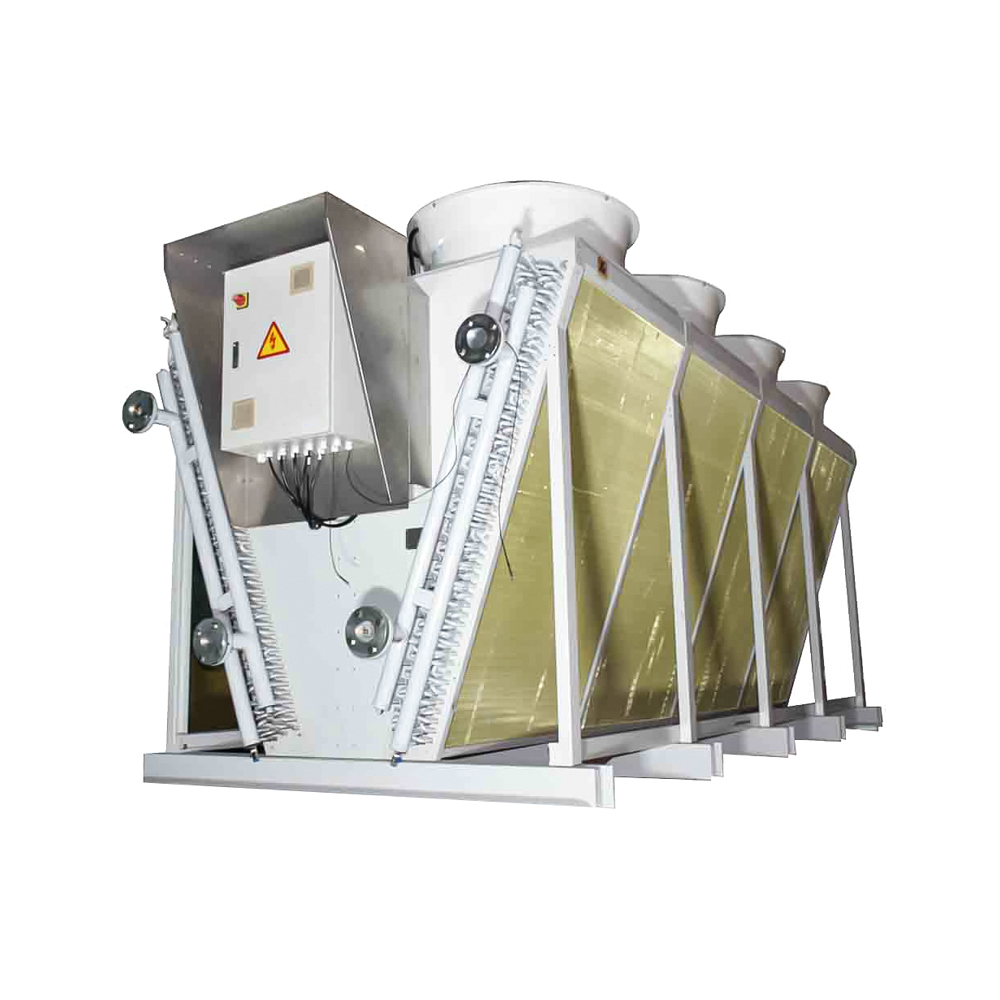Choosing the right condenser coils can significantly impact the efficiency and lifespan of your HVAC system. This guide provides an in-depth look at various types, factors to consider when selecting one, and maintenance tips to ensure optimal performance. Learn how to find the perfect condenser coils for your needs and budget.
Understanding Condenser Coils
What are Condenser Coils?
Condenser coils are crucial components in refrigeration and air conditioning systems. They're responsible for releasing heat from the refrigerant, allowing it to change from a gas to a liquid. The efficiency of your system heavily relies on the proper functioning of these coils. Different materials and designs affect their performance and lifespan. Poorly maintained or incorrectly selected condenser coils can lead to reduced efficiency, increased energy costs, and premature system failure. Choosing the right condenser coils is a critical decision for any HVAC system.
Types of Condenser Coils
Several types of condenser coils exist, each with its own advantages and disadvantages. The most common materials include copper and aluminum. Copper coils are known for their durability and excellent heat transfer properties, while aluminum coils are lighter and often more affordable. The choice depends on factors like budget, climate, and system requirements. For example, in harsh environments, copper's corrosion resistance might be preferable.
Factors to Consider When Choosing Condenser Coils
Selecting the appropriate condenser coils requires careful consideration of several factors. These include:
- Refrigerant Type: The compatibility of the coil with your system's refrigerant is paramount. Incorrect pairing can lead to leaks and system damage.
- Coil Size and Capacity: The coil must be appropriately sized to match your system's cooling capacity and prevent overloading or underperforming.
- Material: Copper or aluminum are the primary choices; the decision hinges on factors like cost and corrosion resistance.
- Fin Spacing: Fin spacing influences airflow and heat transfer. Close fin spacing offers higher efficiency but can be more susceptible to clogging.
- System Compatibility: Ensure the coil is compatible with your existing HVAC system to avoid installation issues.
Choosing the Best Condenser Coils for Your Needs
High-Efficiency Options
For improved energy efficiency, consider condenser coils with enhanced fin designs or materials that optimize heat transfer. Many manufacturers offer models explicitly designed for energy savings. Investing in a high-efficiency condenser coils can significantly reduce your energy bills over time. Look for Energy Star certified models for verifiable efficiency ratings.
Budget-Friendly Choices
While high-efficiency condenser coils offer long-term savings, more budget-friendly options are available. Aluminum coils are typically less expensive than copper but might have a shorter lifespan in corrosive environments. Carefully weigh the initial cost versus the potential for longer-term replacements.
Maintenance and Care of Condenser Coils
Regular Cleaning
Regular cleaning is crucial for maintaining optimal performance. Accumulated dirt, debris, and leaves can significantly reduce efficiency. Clean your condenser coils at least once a year, or more frequently in dusty or dirty environments. Consider using a coil cleaner specifically designed for HVAC systems.
Comparison Table of Popular Condenser Coil Brands
| Brand | Material | Efficiency Rating | Approximate Price Range |
| Brand A | Copper | High | $$$ |
| Brand B | Aluminum | Medium | $$ |
| Brand C | Copper | High | $$$ |
Note: Price ranges are estimates and can vary based on retailer and specifications. Contact your local HVAC professional for precise pricing and recommendations.
For high-quality condenser coils and expert HVAC solutions, consider exploring the offerings at Shanghai SHENGLIN M&E Technology Co.,Ltd. They offer a wide range of options to meet diverse needs.
Disclaimer: This information is for general guidance only and does not constitute professional HVAC advice. Always consult a qualified HVAC technician for installation, maintenance, and repair of your system.









